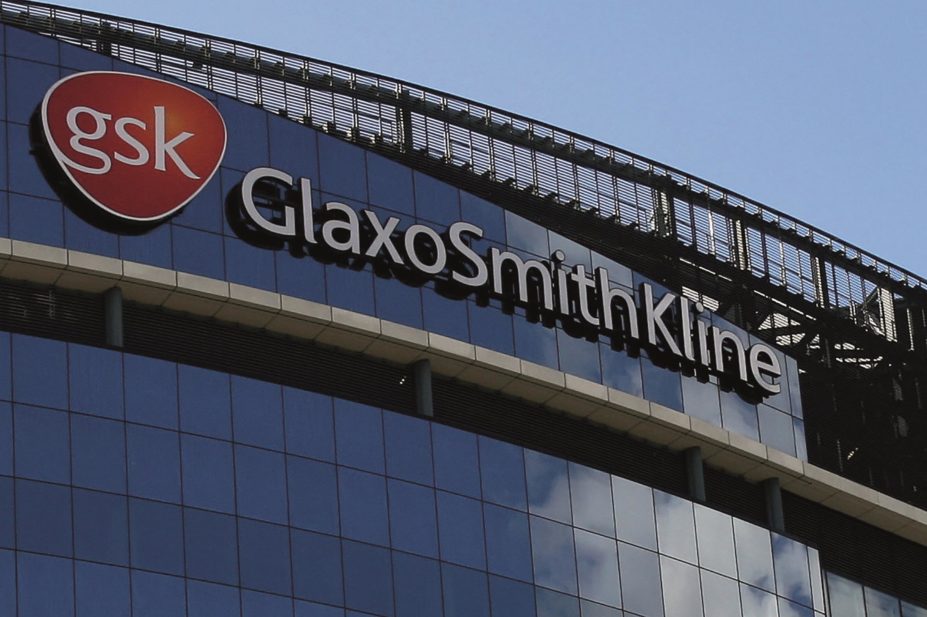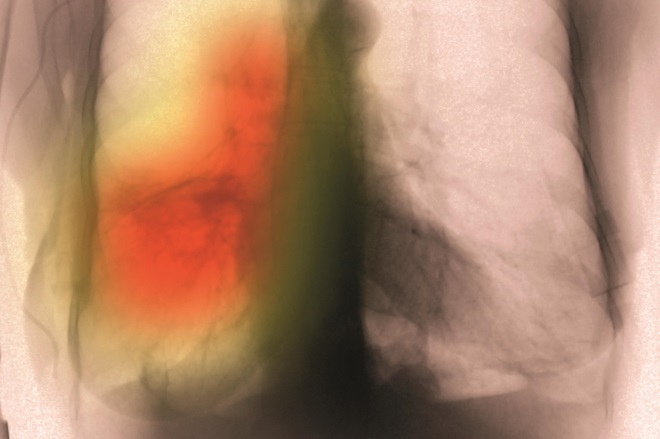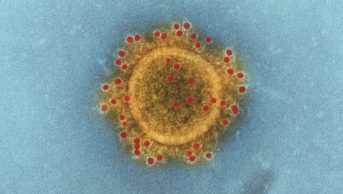
GSK
Initial results have been announced from the Salford Lung Study (SLS), a phase III clinical trial in which researchers sought to discover how a new combination treatment for chronic obstructive pulmonary disease (COPD) fared against traditional COPD therapy in a real world setting.
According to GlaxoSmithKline (GSK), which released the results on 24 May 2016, its Relvar Ellipta inhaler (100μg fluticasone furoate/25μg vilanterol [FF/VI]) achieved a superior reduction in exacerbations in COPD patients compared with their usual care.
‘Usual care’ was defined as treatment with long-acting muscarinic antagonists, long-acting beta2-agonists and inhaled corticosteroids administered as monotherapy, dual or triple combinations.
“This is an important finding,” says lead investigator Jørgen Vestbo, professor of respiratory medicine and honorary consultant at University Hospital South Manchester NHS Foundation Trust. “Over the coming months we will understand more about the day-to-day effectiveness of FF/VI and how treatment choice, patient behaviour, comorbidities and other factors combine to influence COPD outcomes,” he says.

Source: Scott Camazine / Alamy Stock Photo
In total, 2,802 patients with COPD (x-ray pictured) from 80 primary care sites in and around Salford and South Manchester were involved in the trial
In total, 2,802 COPD patients with multiple chronic conditions from 80 primary care sites in and around Salford and South Manchester were randomised to receive FF/VI, with or without a long-acting muscarinic antagonist (LAMA), or to continue to receive usual care.
Health professionals from across primary and secondary care, including 130 local pharmacies, were involved in collecting data. Salford was chosen as the location of the trial because the district has an integrated electronic patient record that can be shared between pharmacies, GPs and local hospitals.
“This has been a highly collaborative effort to gather data that will help improve understanding about the effectiveness of respiratory medicines when used in usual clinical practice,” says Vestbo.
Patients treated with FF/VI showed a reduction of 8.41% (95% confidence interval [CI] 1.12–15.17) in the rate of moderate or severe exacerbations compared with those receiving usual care (P=0.025). GSK says it hopes the results of the study will “transform” the understanding of how patients in everyday clinical practice respond to COPD treatments.
The incidence of serious adverse events was similar between the two groups (29% for patients treated with FF/VI and 27% for those receiving usual care). For pneumonia, FF/VI demonstrated non-inferiority versus usual care (7% for FF/VI versus 6% for usual care), the company announced.

Courtesy of Jørgen Vestbo
Lead investigator Jørgen Vestbo says he expects to find out more about the day-to-day effectivement of FF/VI in coming months
The study relied on a collaboration of eight organisations — research project management specialists CK Aspire, the health informatics organisation North West EHealth (NWEH), the University of Manchester, Salford Royal NHS foundation trust, Salford clinical commissioning group (CCG), University Hospital South Manchester, South Manchester CCG and the NIHR Clinical Research Network: Greater Manchester.
Commenting on the study, Toby Capstick, lead respiratory pharmacist at Leeds Teaching Hospitals NHS Trust, says that until full data are published, it is hard to interpret and understand the initial results. However, he adds the study may encourage researchers to undertake similar studies with other treatments and for other chronic conditions.
“However, this study design required the infrastructure and extensive training of many healthcare professionals to make this study design more complex and perhaps harder to perform.”
Capstick adds that the inclusion of community pharmacists in the study acknowledges the important role that pharmacists have as members of the multidisciplinary team in managing chronic diseases. “There is a significant role for pharmacists to make positive contributions in the management of COPD, especially around patient training and education, and ensuring patients can use their inhaler devices effectively.”
Patrick Wilson, lead pharmacist, high cost medicines management, from Nottingham University Hospitals NHS Trust, describes the study as “innovative”.
“The SLS should provide thought-provoking and useful data due mainly to the study design which is novel, certainly within respiratory medicine,” he says.
He adds that the study will hopefully stimulate further research based on the same model, “enabling community pharmacists to take part in exciting research and leading to improved evidence-based care”.


